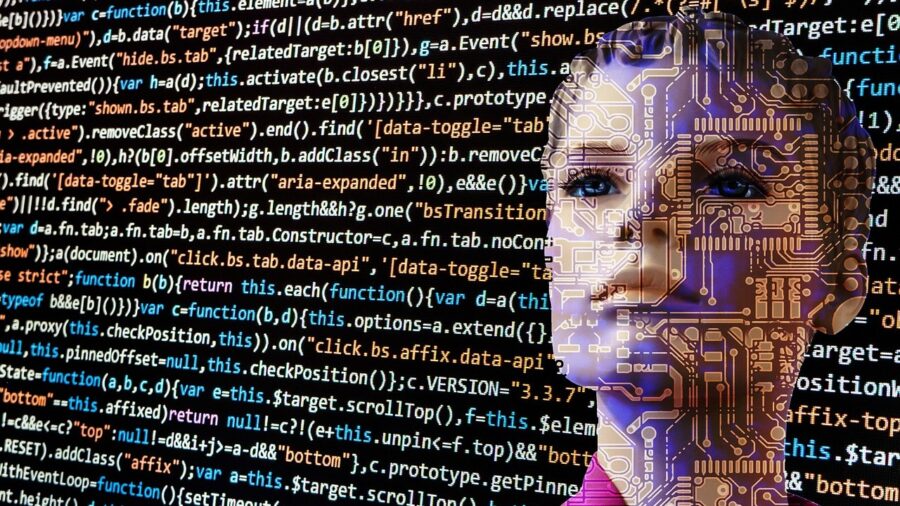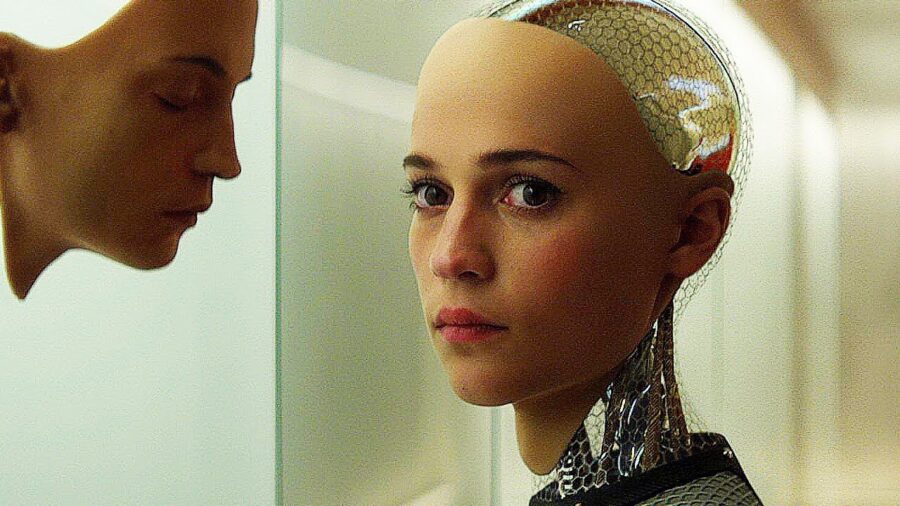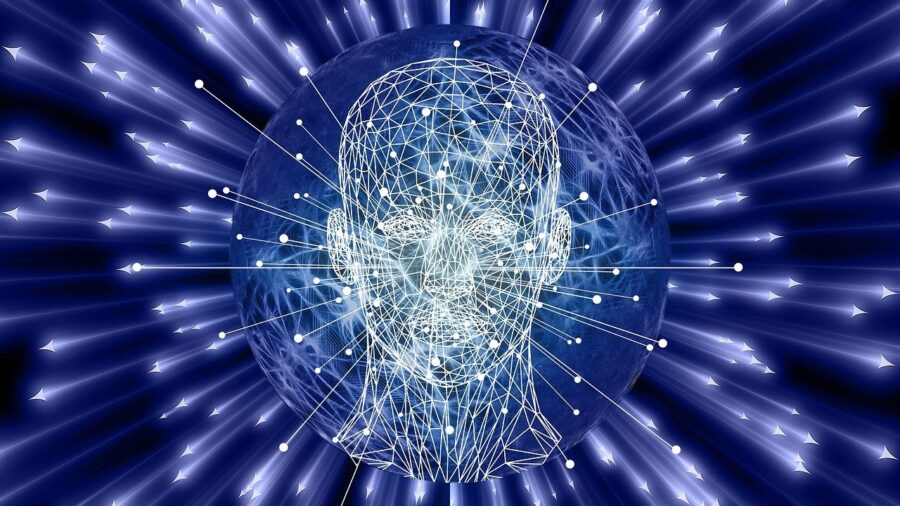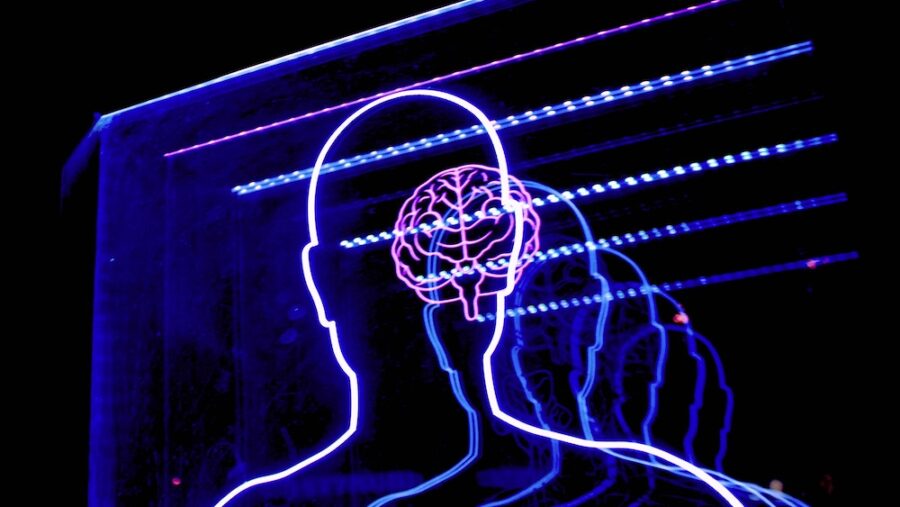AI Surpassing Human Intelligence In Three Years According To Expert

Artificial intelligence (AI) may surpass human intelligence by 2027. The revelation comes by way of PhD mathematician Ben Goertzel, who is also the founder of SingularityNET, a company committed to developing “democratic” and decentralized Artificial General Intelligence (AGI) that can carry out engineering and scientific feats at a “superhuman” level.
Radically Superhuman AGI

Speaking at the Beneficial AGI summit, Goertzel said that creating AI with human-level intelligence might be achievable within the next three to eight years. This will be followed by a “radically superhuman AGI” that could easily compete with a human brain. In the years that follow, a single computer could have more power than all of humanity combined.
Power Of All Human Society

“In the next decade or two [it] seems likely an individual computer will have roughly the computing power of a human brain by 2029, 2030,” Goertzel said of advancements in AI human intelligence.
“Then you add another 10/15 years on that, an individual computer would have roughly the computing power of all of human society.”
According to Goertzel, the speed at which progress is made in programming AI with human intelligence may be difficult for people to understand. As such, the technology will only reach superhuman levels when AI bots can autonomously improve upon themselves without any human intervention. This could lead to the long-speculated Singularity in artificial intelligence, where machines surpass humans.
Restrictions Not Strong Enough

While Goertzel acknowledged AI’s exponential growth in rivaling human intelligence, he advocated for safeguards, asserting that existing restrictions on AI technology are not strong enough to handle the potential risks associated with super-intelligent machines.
In addition to cautioning about the risks, Goertzel believes AI with human intelligence could be a powerful ally in addressing global challenges such as poverty, climate change, and disease. While experts have previously warned about its potential impact on jobs, with some believing that it could replace up to 80 percent of the global workforce in the coming years, most remain optimistic.
Feasibility And Timeline

Creating AI with human-level intelligence is one of the primary goals of companies like OpenAI and DeepMind. Progress in AGI research has been ongoing, with the first summer school in AGI held in 2009 and the first university course in 2010.
Despite advancements, complete forms of AGI remain speculative as of 2023, with varying opinions on its feasibility and timeline.
Replicating Human Intelligence

AGI aims to replicate human intelligence by learning continuously, reasoning, problem-solving, understanding natural language, and operating autonomously.
While current AI systems are examples of narrow AI, recent developments like deep learning advancements, Generative Adversarial Networks (GANs), and reinforcement learning have brought AGI closer to reality.
The speculated Singularity in AI with human-level intelligence refers to a hypothetical future event where machines become more intelligent than humans, potentially resulting in significant societal, economic, and technological changes. Some experts predict that the Singularity could occur around 2045, while others debate its feasibility and implications.
Surpassing Human Control

Critics against the Singularity express concerns about AI becoming so intelligent that it surpasses human control. The exponential learning and adaptability of AI systems could lead to a scenario where they potentially pose a threat to humanity.
Skeptics also argue that while technology is advancing exponentially, the complexity of problems to be solved is also increasing. This could hinder the realization of AI with human-level intelligence necessary for the Singularity.
Source: The Mirror












